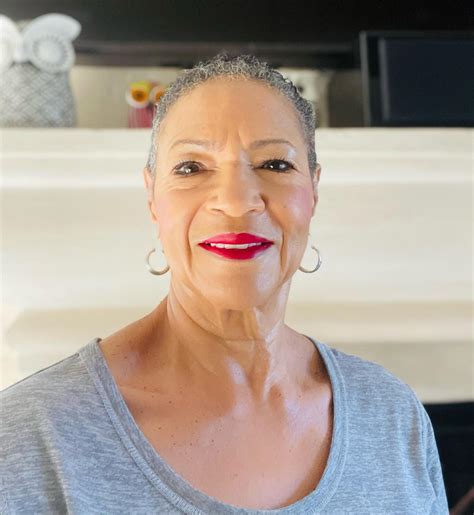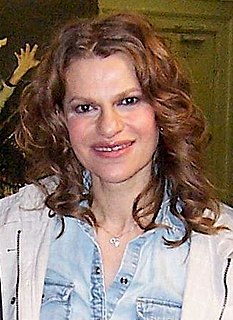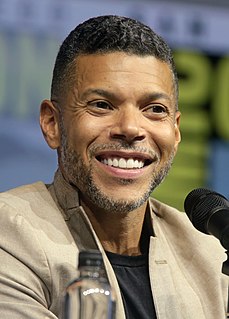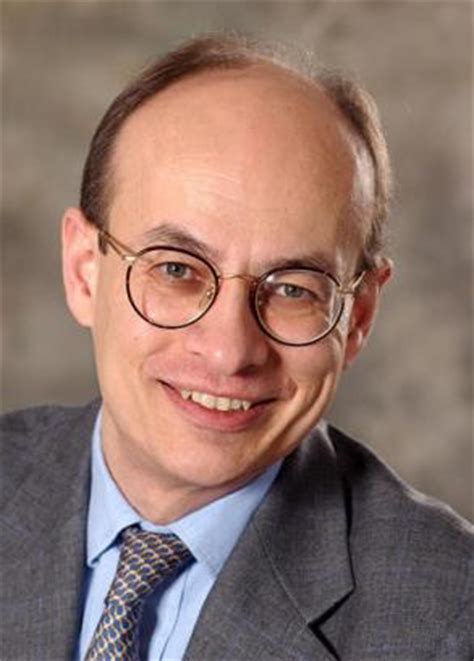A Quote by Pia Wurtzbach
We have miles to go to end AIDS in the Philippines and we need to equip young people with the right information and enable them to access services that are safe and responsive to their needs.
Quote Topics
Related Quotes
Right now, 70 percent of the people don't have computers. And where they're needed most, people don't have them. We think this will enable anyone to own a computer. We're aiming at everybody who uses a computer as an information access device. The original idea was to build one cheaply enough to put one on every desk.
I spent the past week here in India getting a sense of the reality of HIV and AIDS in people's lives. Fathers and mothers are dying, leaving children with no support. Stigma and discrimination is ruining the family lives. There is an urgent need for education, information, and increased awareness of HIV and AIDS. The response needs to be now. We cannot afford to become fatigued.
There is a need for educators, young people, artists and other cultural workers to develop an educative politics in which people can address the historical, structural and ideological conditions at the core of the violence being waged by the corporate and repressive state and to make clear that government under the dictatorship of market sovereignty and power is no longer responsive to the most basic needs of young people - or most people for that matter.
In tight economic times, with libraries sliding farther and farther down the list of priorities, we risk the loss of their ideals, intelligence, and knowledge, not to mention their commitment to access for all—librarians consider free access to information the foundation of democracy, and they’re right. Librarians are essential players in the information revolution because they level that field. They enable those without money or education to read and learn the same things as the billionaire and the Ph.D…In tough times, a librarian is a terrible thing to waste.
The AIDS disease is caused by a virus, but the AIDS epidemic is not. The AIDS epidemic is fueled by stigma, by hate, by misinformation, by ignorance, by indifference. Science has accomplished miracles over the past 20 years, and science can now end this disease - but it cannot end the epidemic. We need more than medicine. We can do something about these things. We need to speak out about the changes we need to make in our society.










































